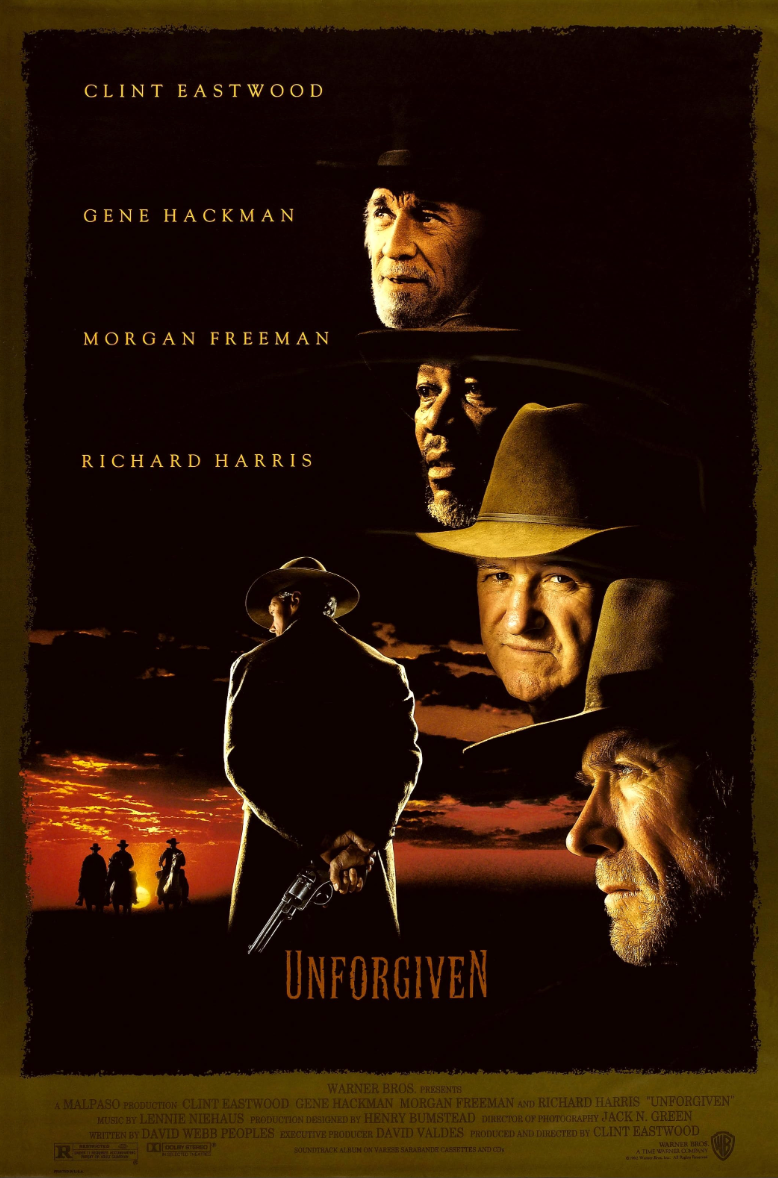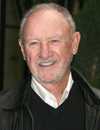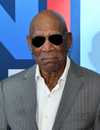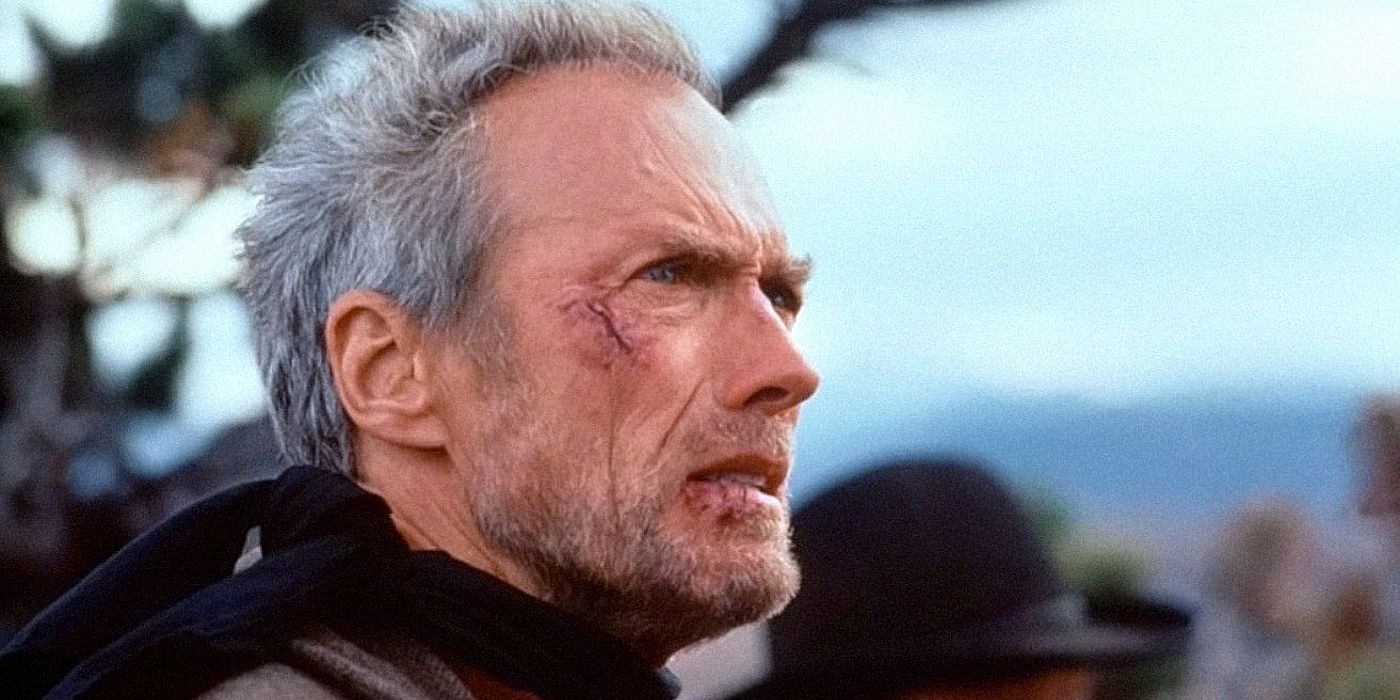Throughout each era of cinema, there are specific genres that have a big effect on audiences. While every great generation has significant films in each genre, some genre films are more predominant than others for different reasons. When Westerns were at their best, Hollywood wasn’t exactly making its most profound films. There were exceptions, of course, but a lot of classical Hollywood movies didn’t have the kind of visceral or provocative impact that later films would. This was also when Westerns seemed to come out all the time, and audiences loved them. However, the genre needed to change with the times when the medium started to evolve more and more drastically. After a lull in the 1980s, the Western came back with style and substance in the 1990s and gave fans a ton of great films like Tombstone and Dances with Wolves.
Most fans reference Tombstone most because it was stylish, thrilling and had one of the best casts in Western movie history. However, as memorable and iconic as the 1993 film is, it wasn’t the most influential of the Westerns being made in the ’90s. In fact, Tombstone was more of a byproduct of its era and just happened to become one of the best Westerns of all time in the process. The thing about Tombstone that some fans might not realize is that it was merely a historical epic with influential figures and a riveting true story at its center. Playing out like a conventional revisionist Western, Tombstone didn’t do anything that special in terms of its story, themes or function in the grander scheme of the genre. The same cannot be said for Clint Eastwood’s ambitious 1992 masterpiece Unforgiven.
There was perhaps no one more equipped to direct the kind of movie Unforgiven truly is than Clint Eastwood. As one of the most influential figures in the history of the Western genre, Eastwood didn’t just make a splash in front of the camera but behind it. His starring role in Sergio Leone’s “Dollars Trilogy” paved the way for the future of the genre. Meanwhile, when Westerns were struggling to have an effect at times in the ’70s and ’80s, Eastwood’s directorial/performative work in the genre remained great. When it came time to do Unforgiven, Eastwood purposefully waited to match the age of the character so that the film felt more authentic.
Furthermore, understanding that David Webb Peoples’ impeccable script was so much more than just a Western, Eastwood embodied the essence of the story both in front and behind the camera so that the film would resonate on the highest of levels. Aside from maybe Dances with Wolves in 1990, Unforgiven was the definitive ’90s Western that not only reinvigorated the entire genre but challenged the entire idea of Westerns with William Munny’s story. As an essential “anti-Western,” Unforgiven put every major Western trope on display and then reinterpreted them in one of the most compelling ways possible. Westerns are like gangster movies in that they glorify violence and heroism for the sake of entertainment.
Notable ’90s Westerns
Release Year
Dances with Wolves
1990
Quigley Down Under
1990
Unforgiven
1992
Tombstone
1993
Legends of the Fall
1994
Wyatt Earp
1994
The Quick and the Dead
1995
The Horse Whisperer
1998
What Unforgiven did is so important, as it grounded a character’s story in a Western landscape and explored the realism behind the choices that gunslingers and criminals make. Not only does William Munny not resemble a folk legend anymore in his old age, but he also emphasizes the realities of what all those violent choices can equate to. The Western hero does not exist in Unforgiven as William Munny comes to terms with his past and battles guilt, shame and morality on a quest to accomplish one last job that could help his struggling children.
In a beautiful and necessary way, Unforgiven acts as a commentary on the entire Western genre at a time when cinema desperately needed a new interpretation of the Old West. Dark, gritty and visceral, Unforgiven is one of the most realistic historical tales ever made and easily Clint Eastwood’s directorial masterpiece. The way the film shaped its story and redefined its genre conventions paved the way for the rest of the Westerns made in the ’90s. The genre is still feeling Unforgiven’s effects to this day, as contemporary cinema has never aimed to tell that familiar genre story the same way again. There are a lot of resonant aspects of Eastwood’s film and, aside from the characters, script, music and cinematography, it might just have one of the best Western endings of all time.
Unforgiven’s Ending Is Challenging, Haunting and Powerful
Image via Warner Bros
Throughout the entirety of Unforgiven, Clint Eastwood’s character William Munny is confronted with a number of challenges, both internally and externally, that make his journey memorable for audiences. This comes with growth, realizations and loss until all he has left is his word. This aspect of Munny is emphasized thematically and literally with the most important moments in the film. No moment is more important than the ending when Munny has lost a friend and Little Bill continues to terrorize the townsfolk of Big Whiskey. At this point, Munny has nothing left to do but face the task at hand and give purpose to what he’s been doing all this time, and what Ned lost his life for. It’s a weary ex-gunslinger’s final test, and Munny intends on passing it.
Knowing that he will have to embrace the part of himself he’s forgotten in order to match the darkness that Little Bill embodies, Munny faces off against the corrupt menaces of Big Whiskey in a final showdown. Not only is it not glorified, it’s straight-up ugly with an element of realism audiences are not accustomed to seeing in a Western. Munny struggles, stumbles, but ultimately defeats his enemies, killing them violently with no mercy. His final task began as a matter of honor but becomes so much more by the end, and for a moment, he really is that person he used to be because it’s necessary. The film has spent two hours establishing Little Bill as a formidable presence that won’t be easy to overcome.
Unforgiven Cast
Character
Clint Eastwood
William Munny
Morgan Freeman
Ned Logan
Gene Hackman
Little Bill Daggett
Jaimz Woolvett
The ‘Schofield Kid’
Frances Fisher
Strawberry Alice
Anna Thomson
Delilah Fitzgerald
Richard Harris
English Bob
This is intentional to show that not only will it not be easy for Munny, but he’ll have to embrace a side of himself that transcends heroism or honor. This is about revenge, justice and, of course, desperation. Munny will not go home empty-handed; it’s just that his prize has become heavier than when the journey began. Munny’s famous final words, “Deserve’s got nothing to do with it,” probably sum up the main thematic message behind Unforgiven. It was never about Little Bill getting what was coming to him, and it was never about justice or revenge. There was just something Munny needed to do for himself and his children. Aware of the harsh realities of what he’s done and what he has to do, Munny embraces the moment for exactly the same reasons and because he can. It just so happens that there were a lot of other reasons for him to do it that extend beyond his own motivations.
Caught up in the moment, Munny has killed many men, and rides out of Big Whiskey in the rain, demanding that the locals give Ned a proper burial or suffer the consequences. William Munny is a legendary figure of status for a few short moments before heading back to the reality he chooses to embrace. His actions and words have real power for that short period of time, and he knows it. However, the ending also implies that violence is such a destructive tool to those who use it just as much as those affected by it. Challenging everything audiences thought they knew about Westerns, Unforgiven comes to a close in one of the most shocking ways and with one of the most lasting impacts.
Unforgiven Was the Last Great Western of Clint Eastwood’s Career
Image via Warner Bros
The legendary Hollywood star, director and composer Clint Eastwood has continued to make movies in the decades since Unforgiven. While people continue to debate which film is actually his best, Unforgiven is certainly at the top of that list for most fans. It’s not so much that the film transcends everything about Westerns; it also transcends Eastwood’s own career and acts as a love letter to the genre and characters that made him an icon. It was always going to be the last Western of his career, or at least the last great Western of his career, because it truly capped off a chapter of his life.
While Eastwood has made a couple of contemporary Westerns that merely utilize the basic syntax or semantics of the genre, he has never actually made any pure Westerns since Unforgiven. For fans who want to bring up films like The Mule or Cry Macho, there isn’t a lot there that compares to the greatness of his 1992 masterpiece. Either way, if his later Western-adjacent films are to be included in his catalog of titles in the genre, they don’t match what he did with Unforgiven. At the very least, Unforgiven will probably always remain the last great Western of Clint Eastwood’s career.

- Release Date
-
August 7, 1992
- Runtime
-
130 Mins
-

-

Gene Hackman
Little Bill Daggett
-

-

Richard Harris
English Bob
